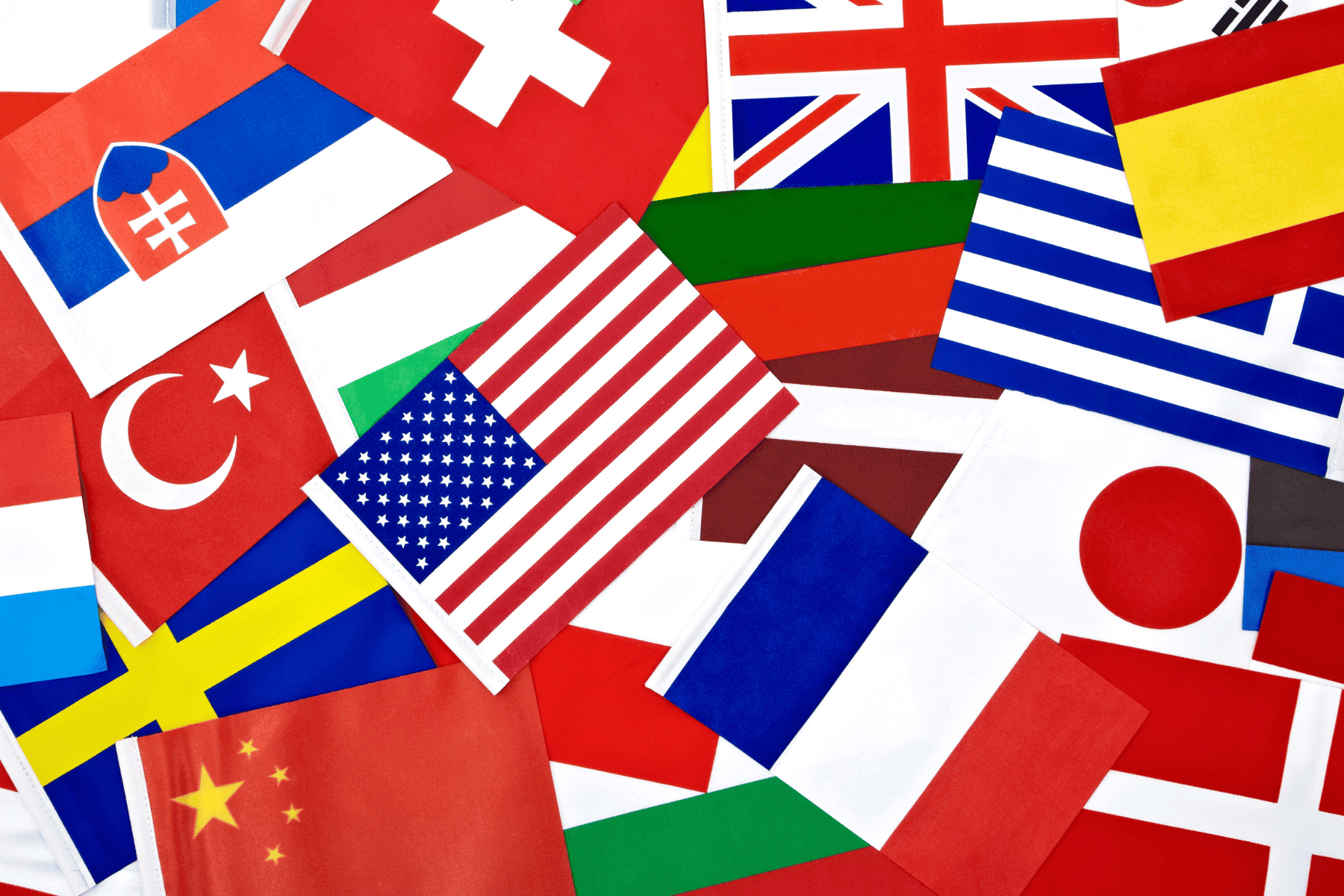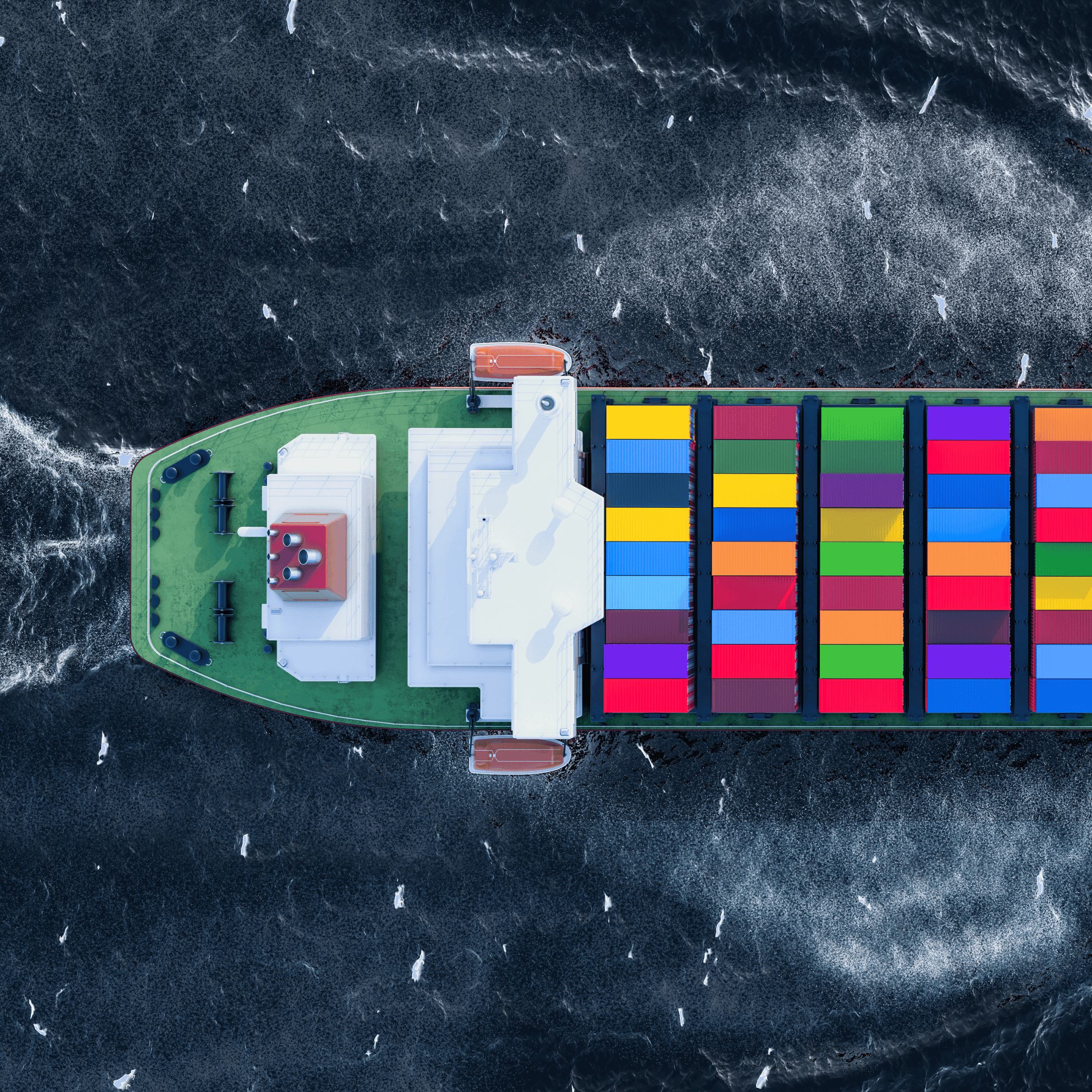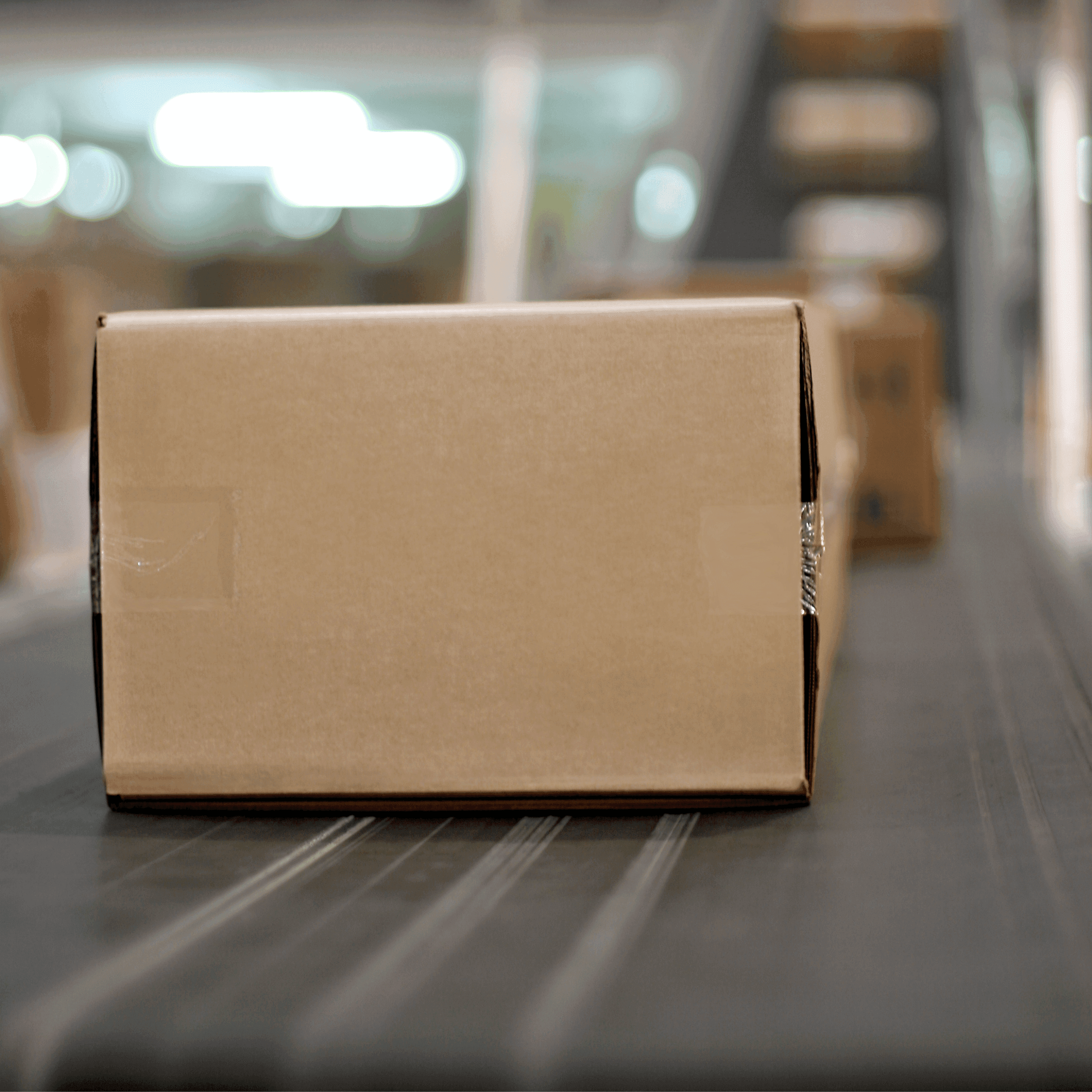Cross-border trade stands as a significant pillar of the global economy, fostering economic integration, and facilitating the movement of goods across international borders. As trade volumes continue to rise globally, complexities surrounding customs compliance and logistics have become increasingly intricate. This amplifies the role of Third-Party Logistics (3PL) providers in ensuring smooth, efficient, and compliant cross-border transactions. These entities offer a myriad of services ranging from transportation and warehousing to more complex offerings such as customs brokerage and freight forwarding. This article delves deep into the essential role played by 3PLs in ensuring customs compliance and facilitating seamless cross-border trade.
Understanding the Complexity of Customs Compliance
Regulatory Landscape
Before delving into the role of 3PL, it is pivotal to understand the intricate landscape of customs compliance. Each country has its own set of customs regulations that govern the import and export of goods. These regulations are formulated to safeguard national interests, protect consumers, and facilitate fair trade. Customs compliance is centered around adherence to these regulations, which encompass a wide array of aspects including tariff classification, valuation, origin determination, and adherence to trade agreements.
Documentation and Duties
Moreover, customs processes require meticulous documentation to verify the contents, value, and origin of goods. This includes invoices, packing lists, and certificates of origin, among others. Accurate and complete documentation is essential in determining applicable duties and taxes and avoiding delays, fines, or seizures.
The Role of 3PL in Facilitating Compliance
Expertise in Customs Procedures
3PL providers are well-versed in the evolving customs regulations and procedures, offering expertise in handling complex customs transactions. Their knowledge in tariff classification, valuation, and origin determination helps in accurate declaration of goods, thereby minimizing the risks of non-compliance.
Leveraging Technology
3PLs leverage modern technology to streamline customs procedures. Advanced systems facilitate electronic data interchange (EDI) with customs authorities, enabling real-time tracking and efficient processing of customs declarations. Furthermore, 3PLs utilize technology to manage documentation electronically, ensuring accuracy and completeness, which are vital for customs compliance.
Risk Management
3PLs play a crucial role in risk management by helping businesses navigate through the potential pitfalls of cross-border trade. They assist in ensuring compliance with trade sanctions and embargoes, conducting due diligence on supply chain partners, and implementing measures to prevent fraud and smuggling.
Enhancing Cross-Border Trade Efficiency
Integrated Logistics Solutions
3PLs offer integrated logistics solutions that encompass transportation, warehousing, and distribution, facilitating smooth cross-border trade. Their networks and partnerships with carriers and other logistics providers enable them to offer cost-effective and efficient logistics solutions.
Strategic Consultation
Beyond mere logistics operations, 3PLs provide strategic consultation to businesses engaged in cross-border trade. They offer insights into optimizing supply chain operations, leveraging trade agreements, and exploring new market opportunities.
Developing Sustainable Supply Chains
3PLs are also instrumental in developing sustainable supply chains. They assist businesses in implementing environmentally friendly logistics practices, such as optimizing transportation routes to reduce carbon emissions and adopting green packaging solutions.
Conclusion
In conclusion, the role of 3PLs in ensuring customs compliance and facilitating cross-border trade is multifaceted and highly significant. Their expertise in customs procedures, coupled with the adoption of modern technology, helps in navigating the complex regulatory landscape efficiently. Moreover, their integrated logistics solutions and strategic consultation enhance the efficiency and sustainability of cross-border trade.
As cross-border trade continues to evolve, it is anticipated that the role of 3PLs will become even more pivotal. Through fostering collaboration, innovation, and efficiency, 3PLs stand at the forefront in shaping the future of global trade, steering it towards a pathway of growth, compliance, and sustainability.






